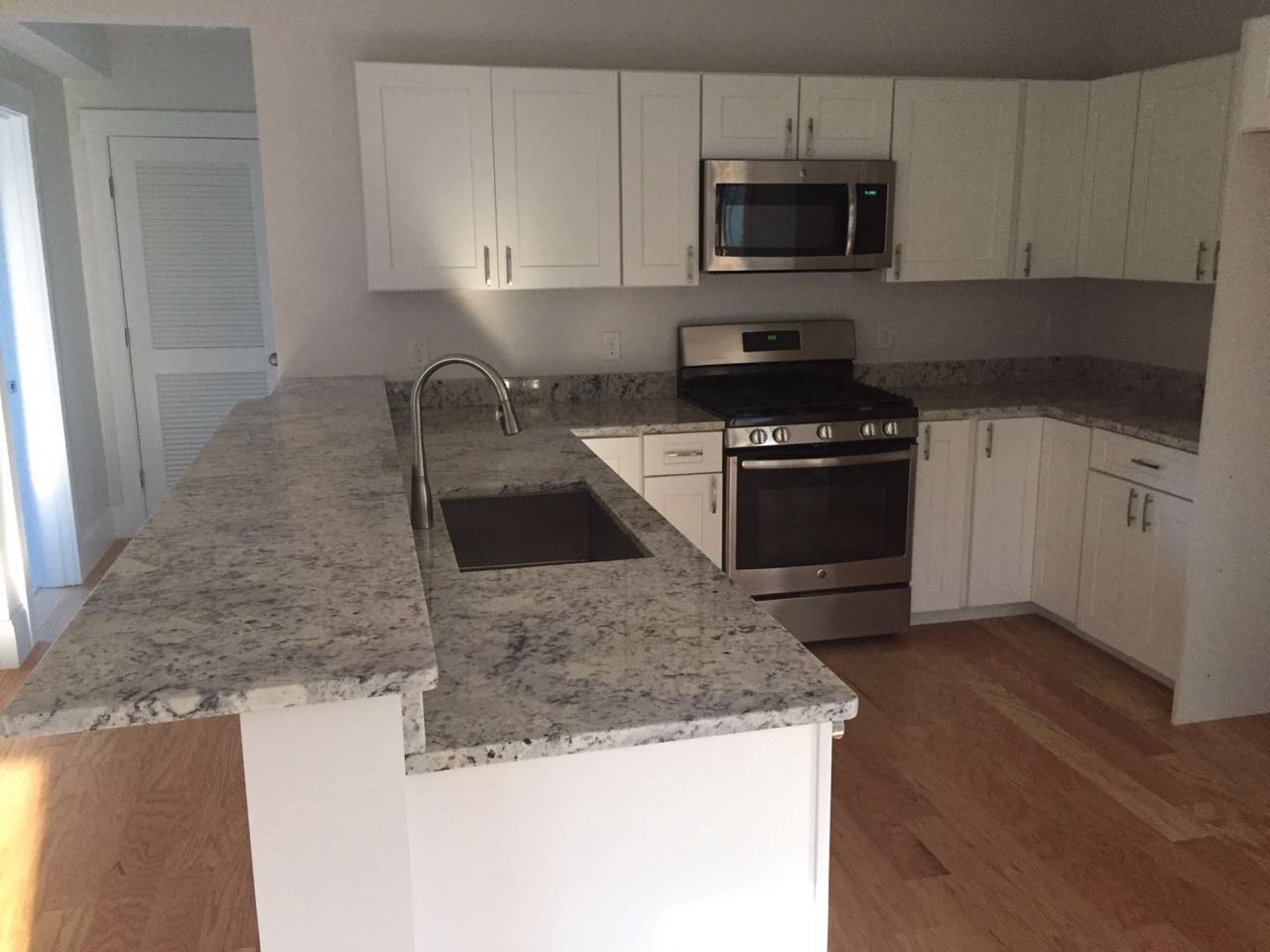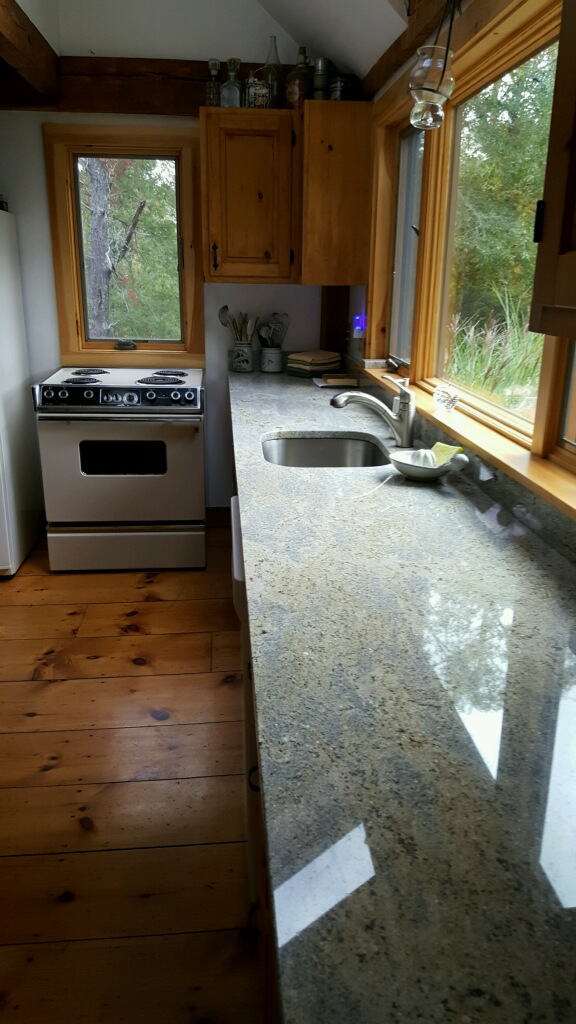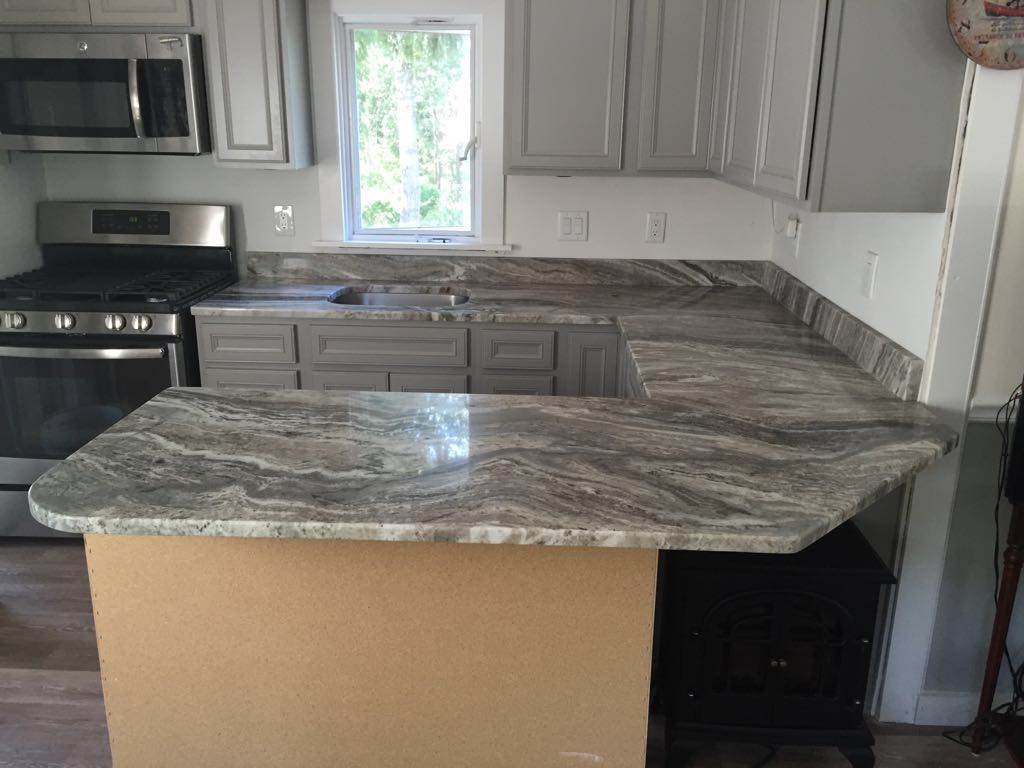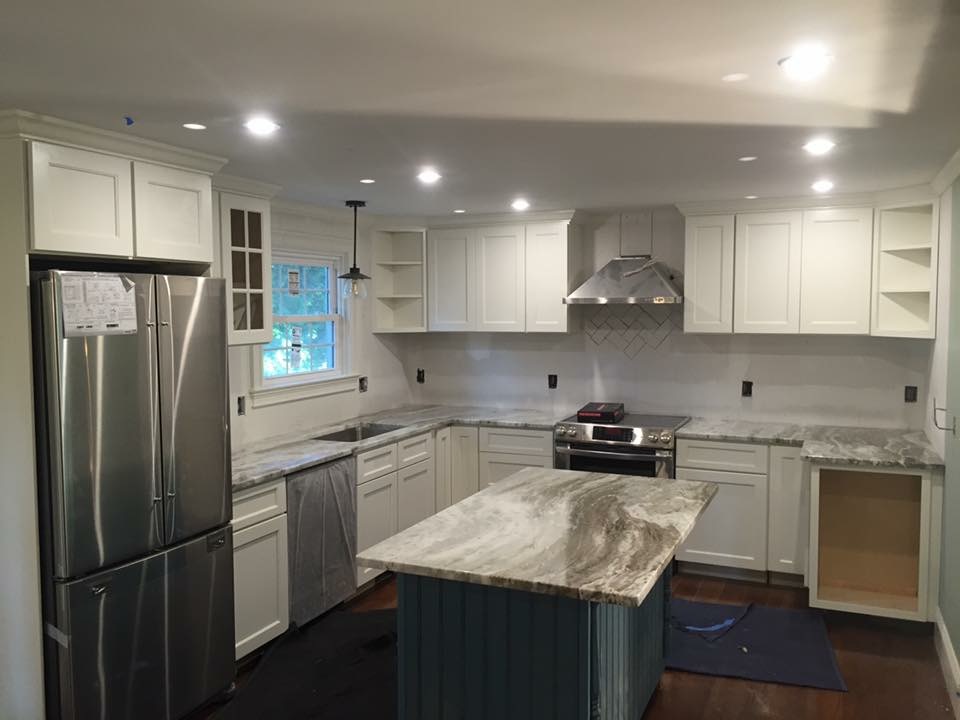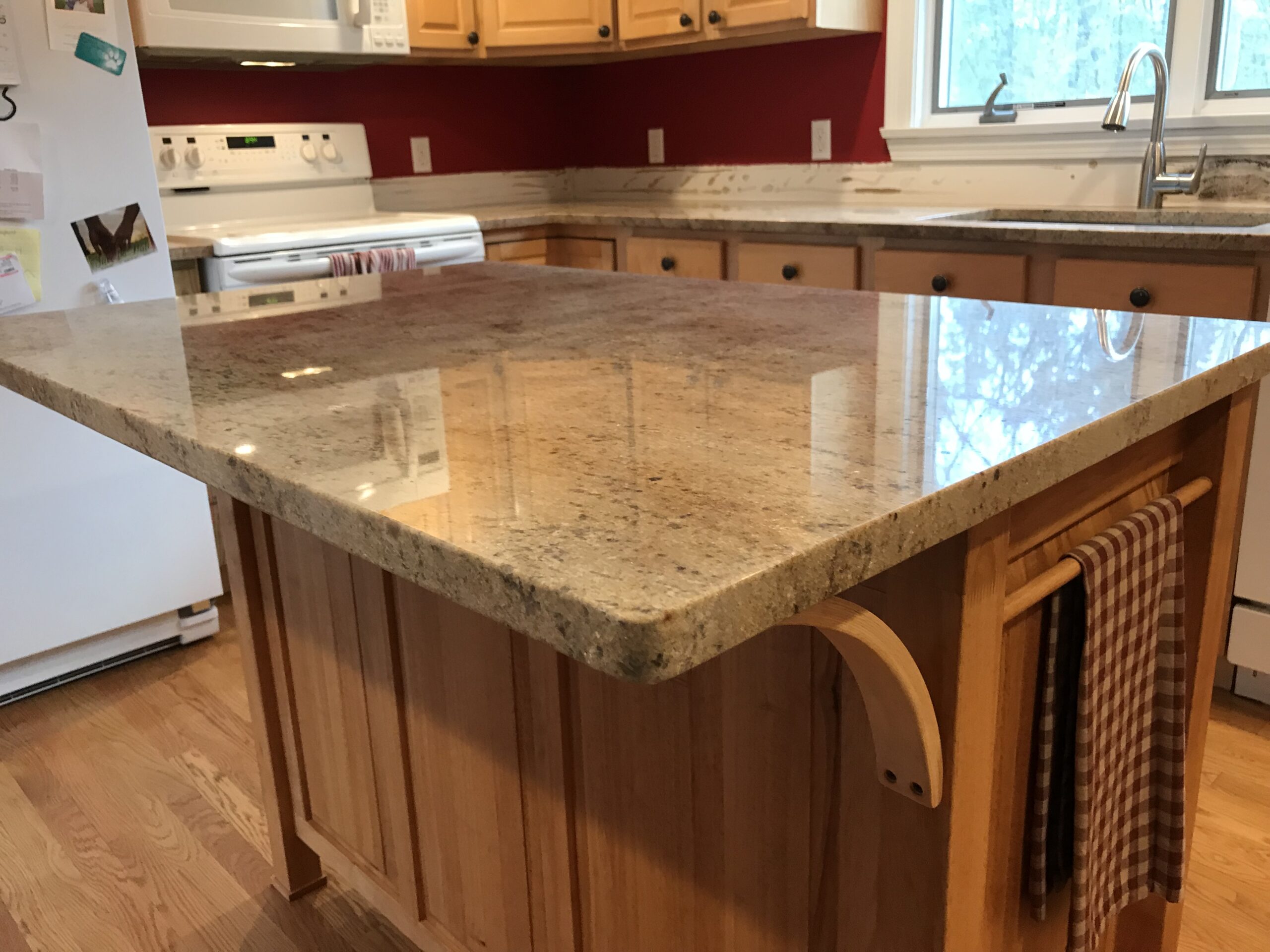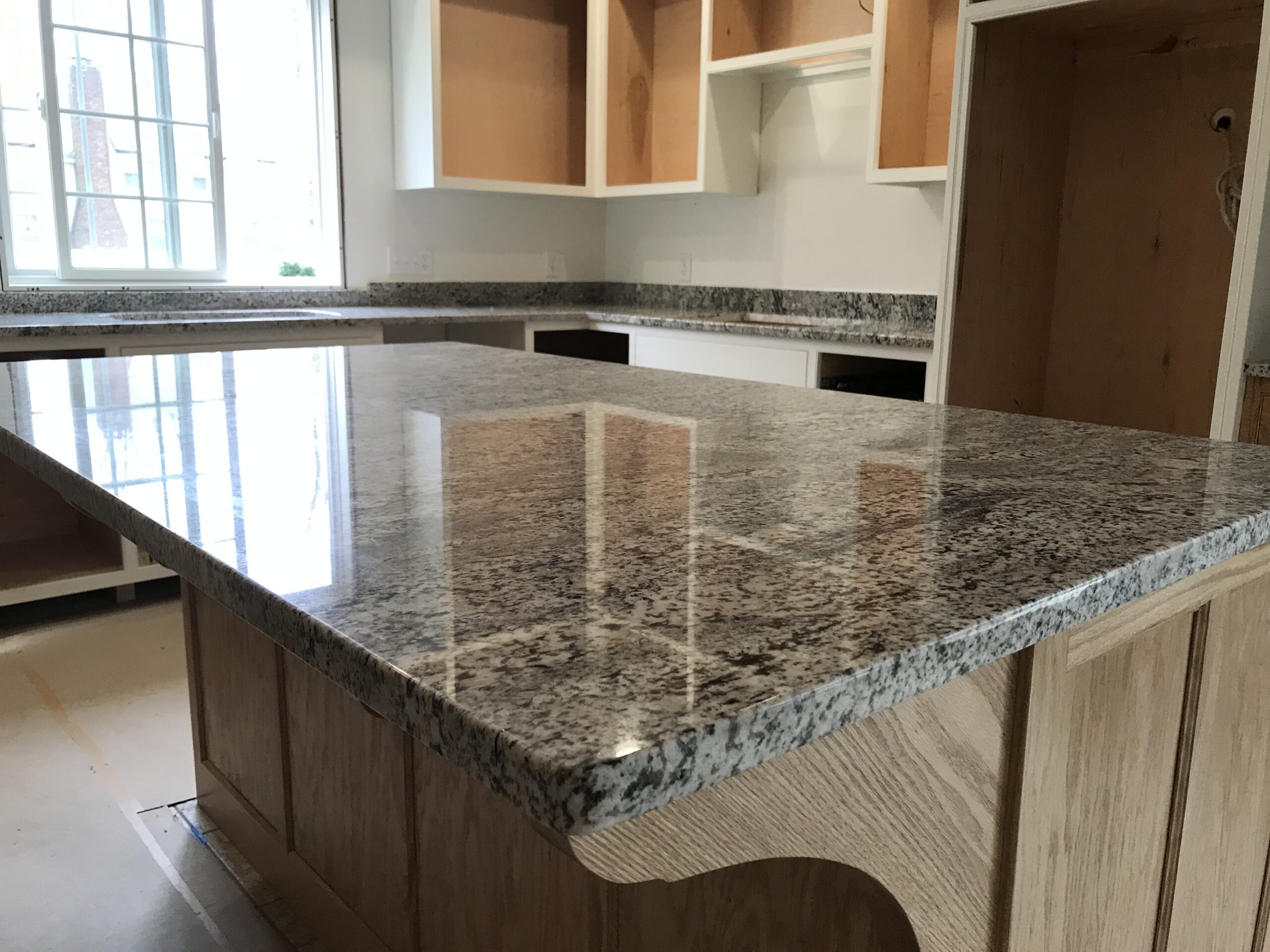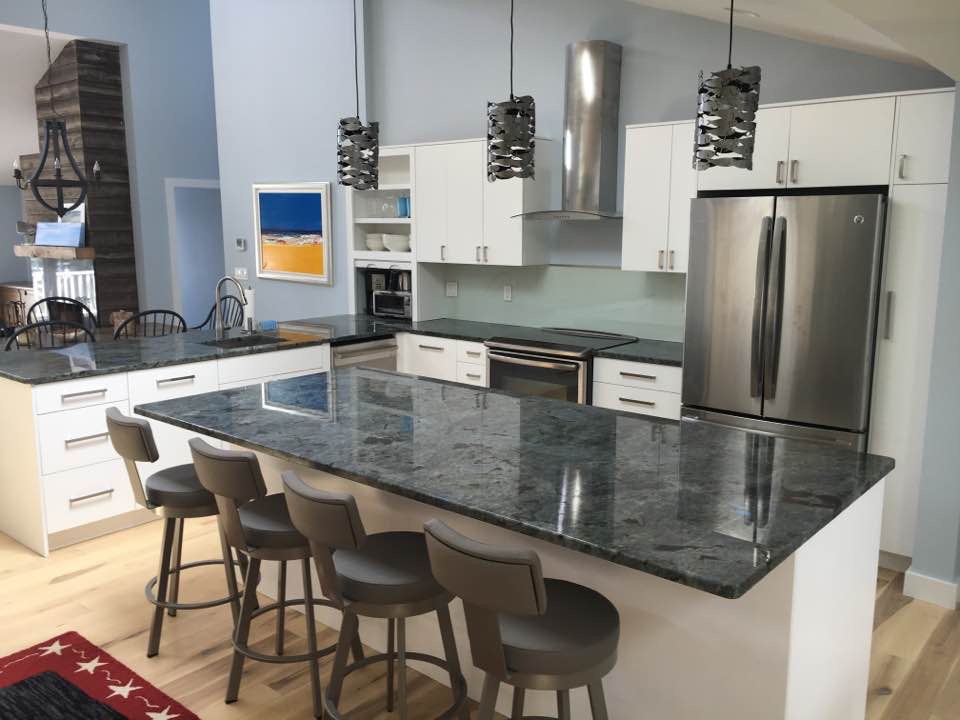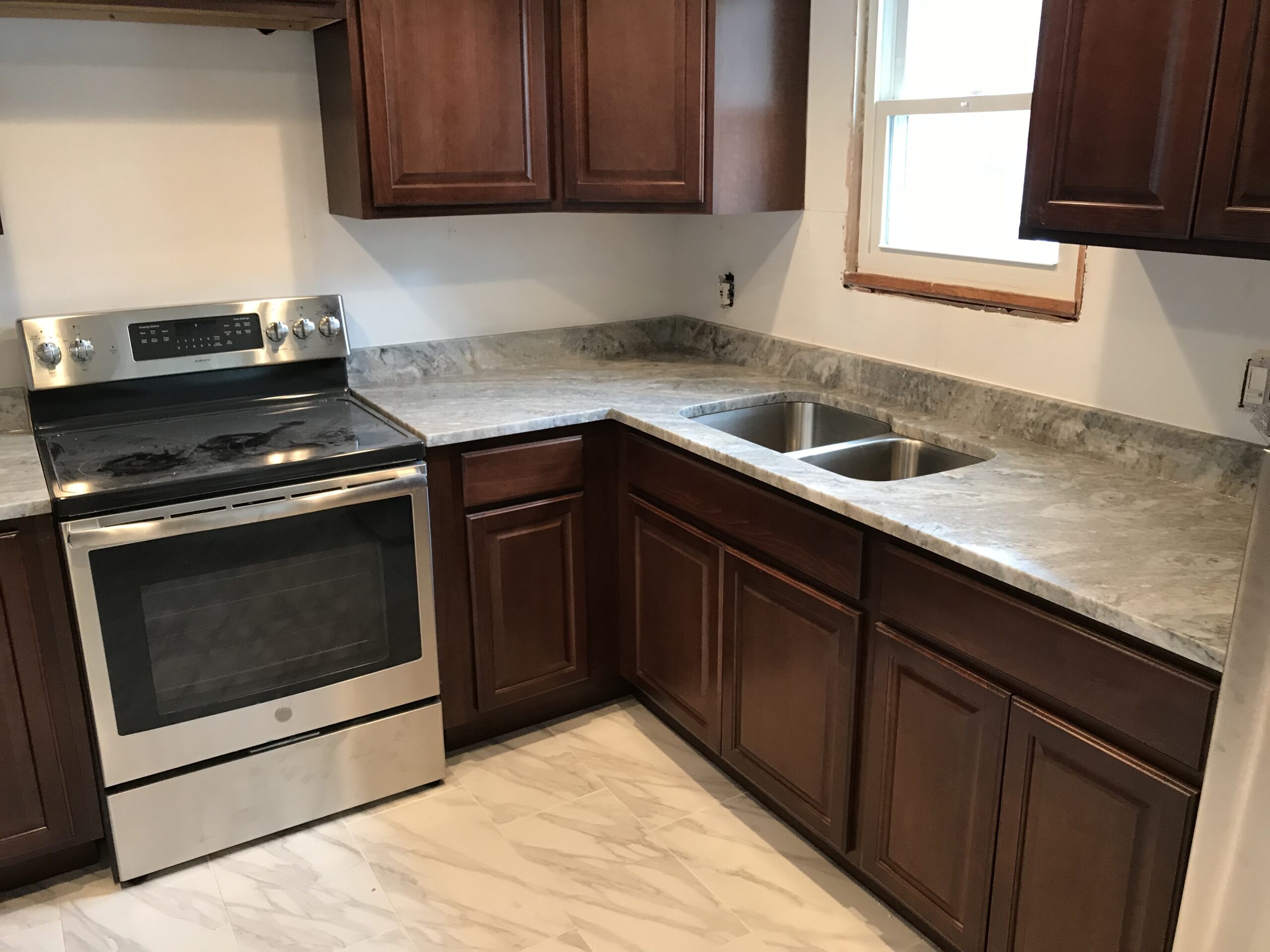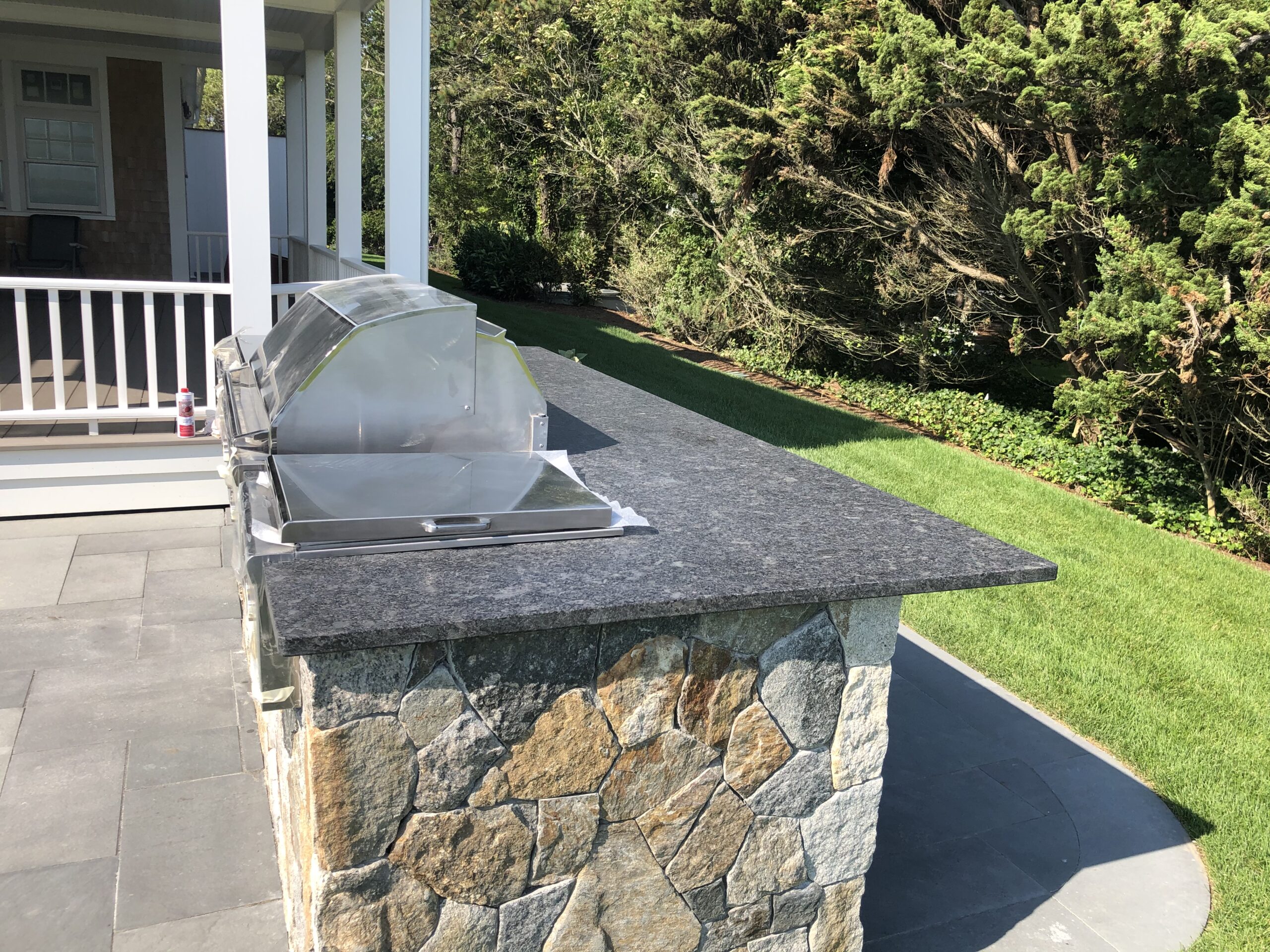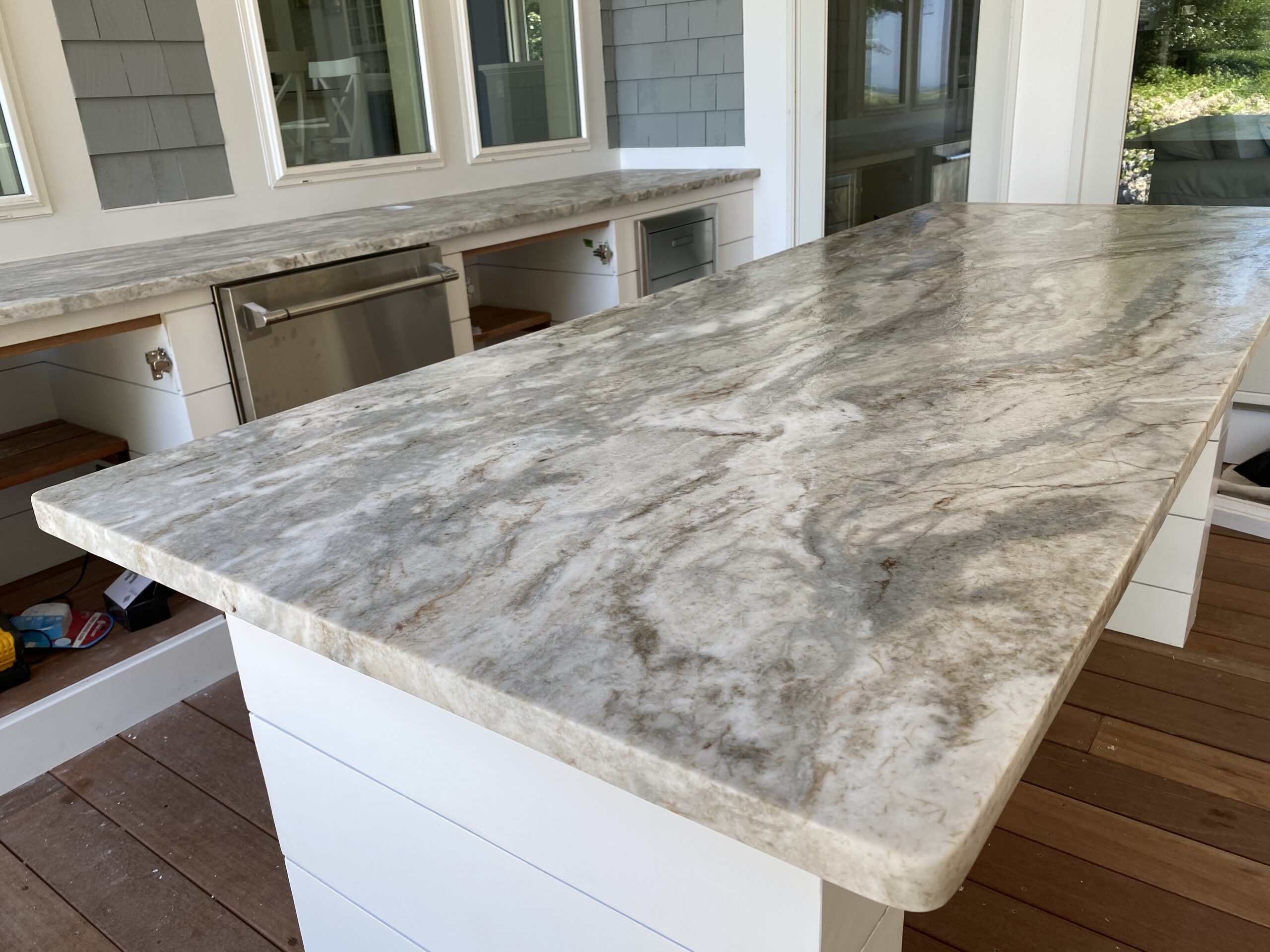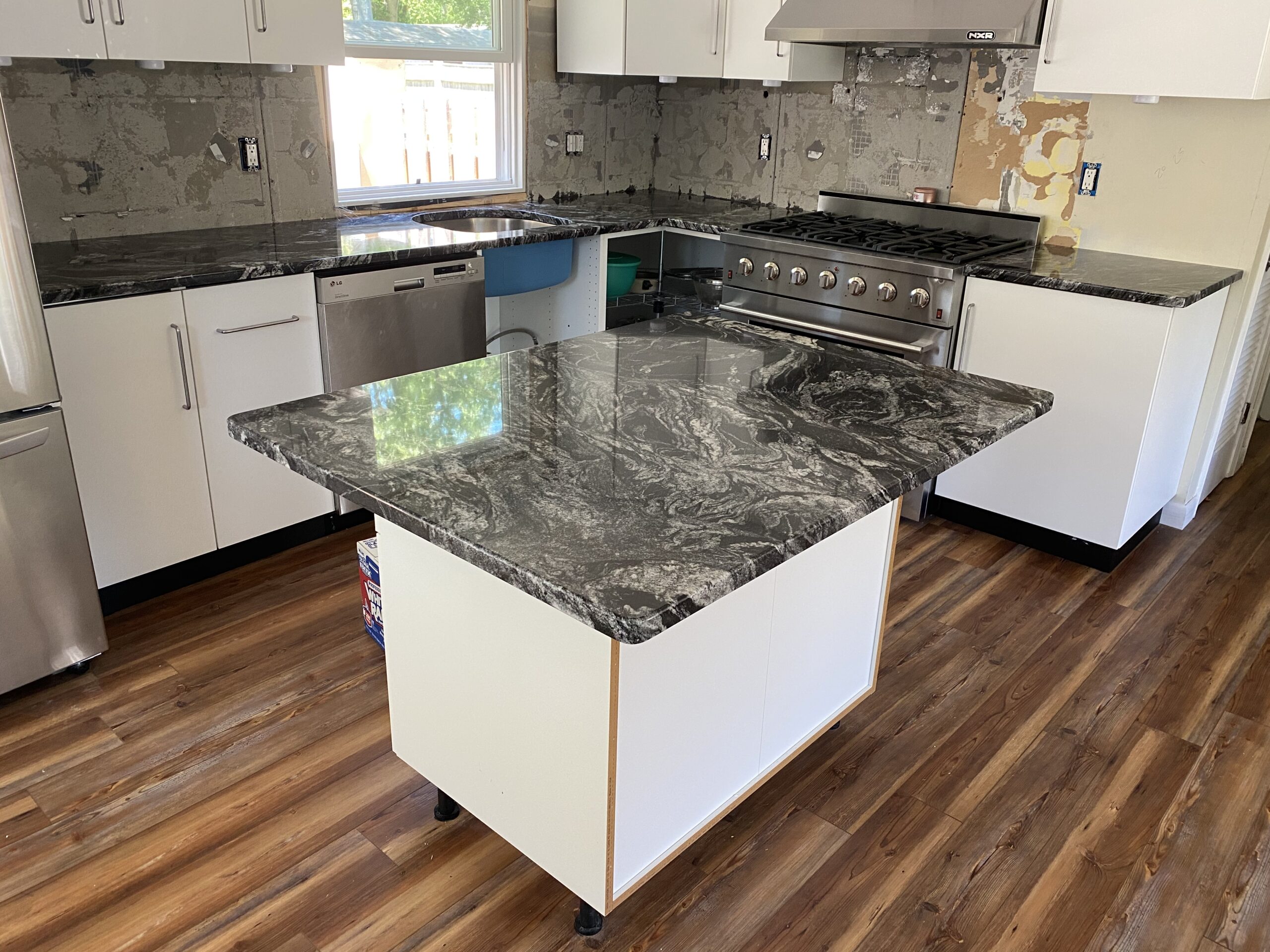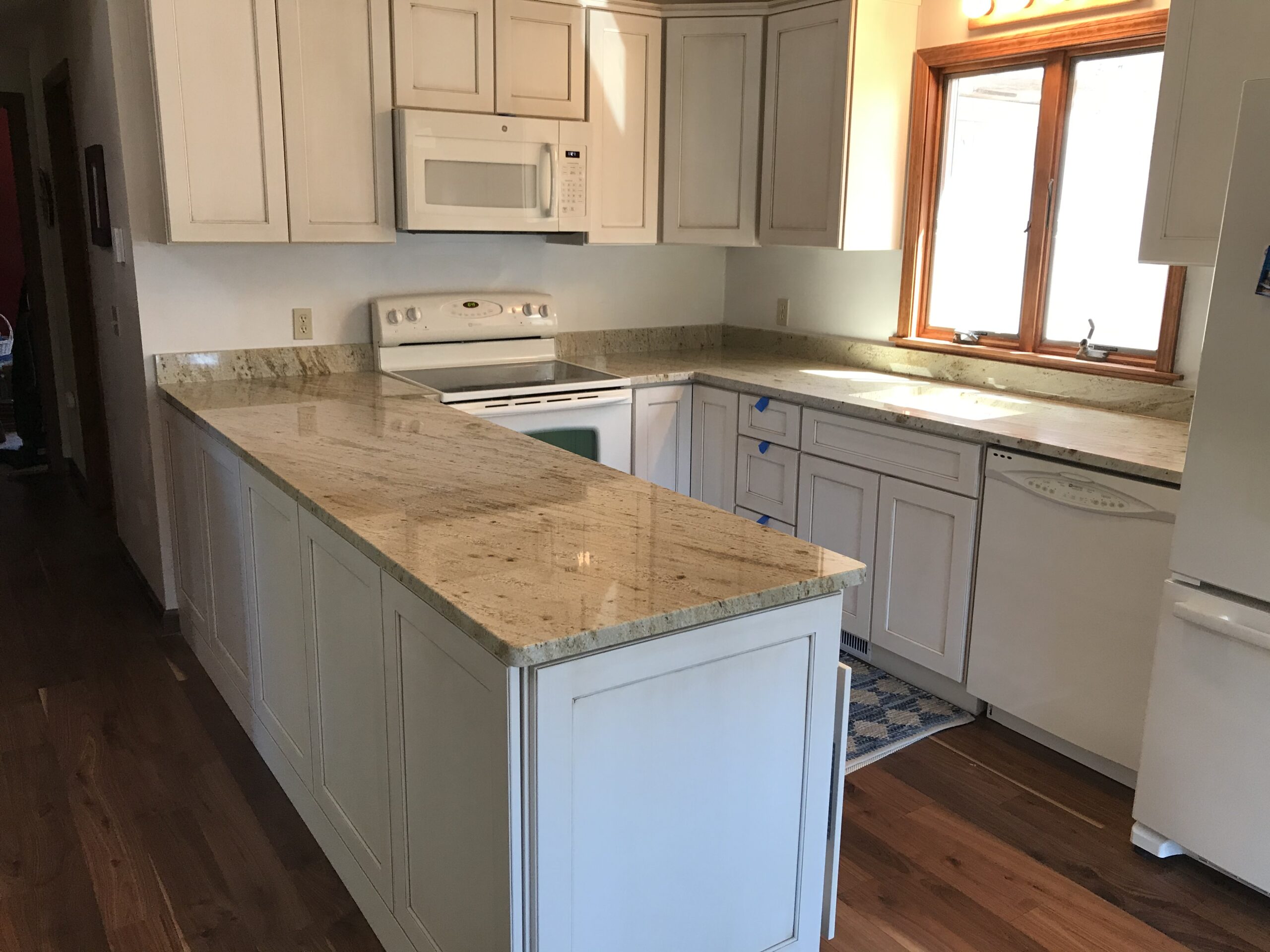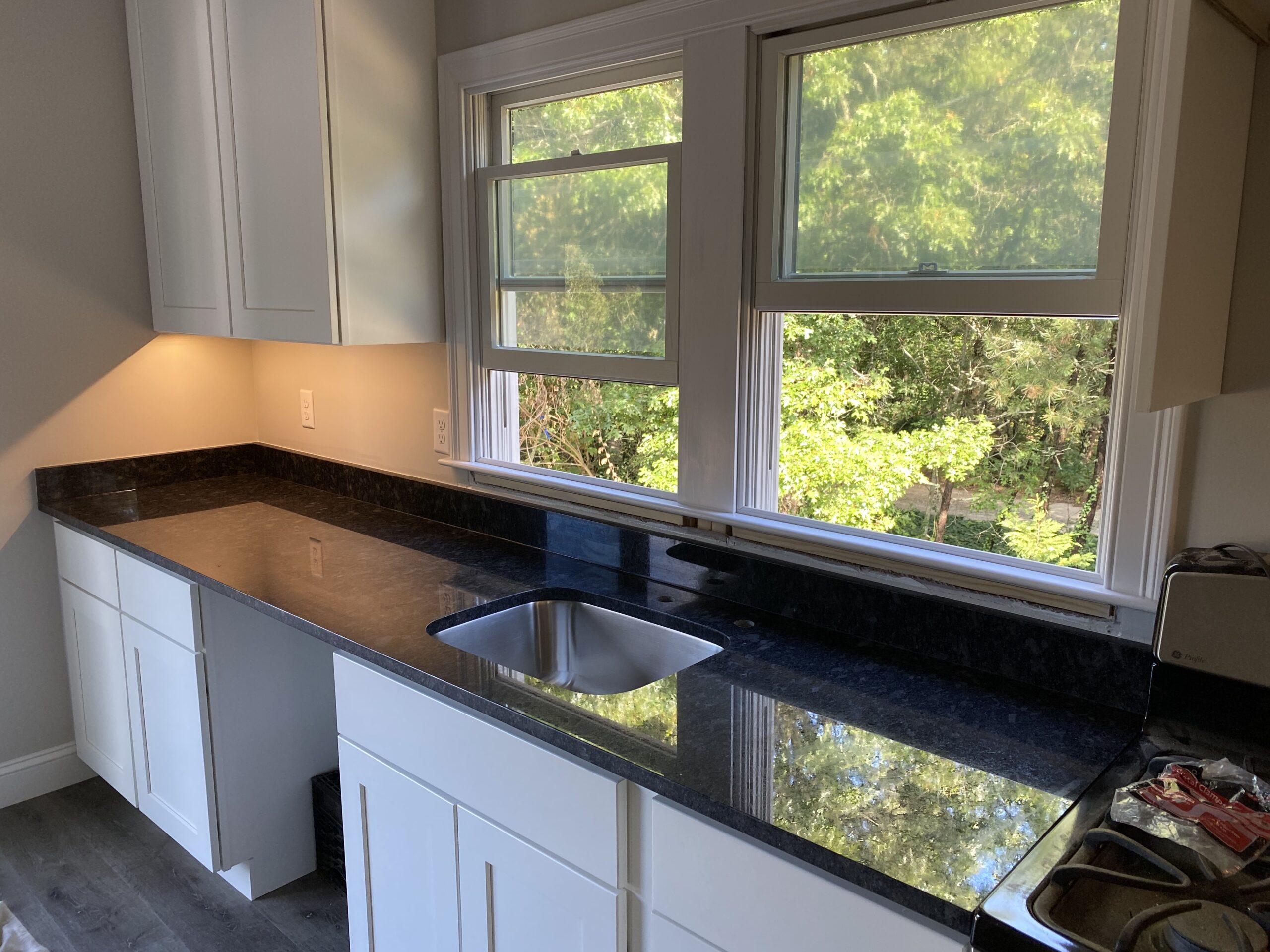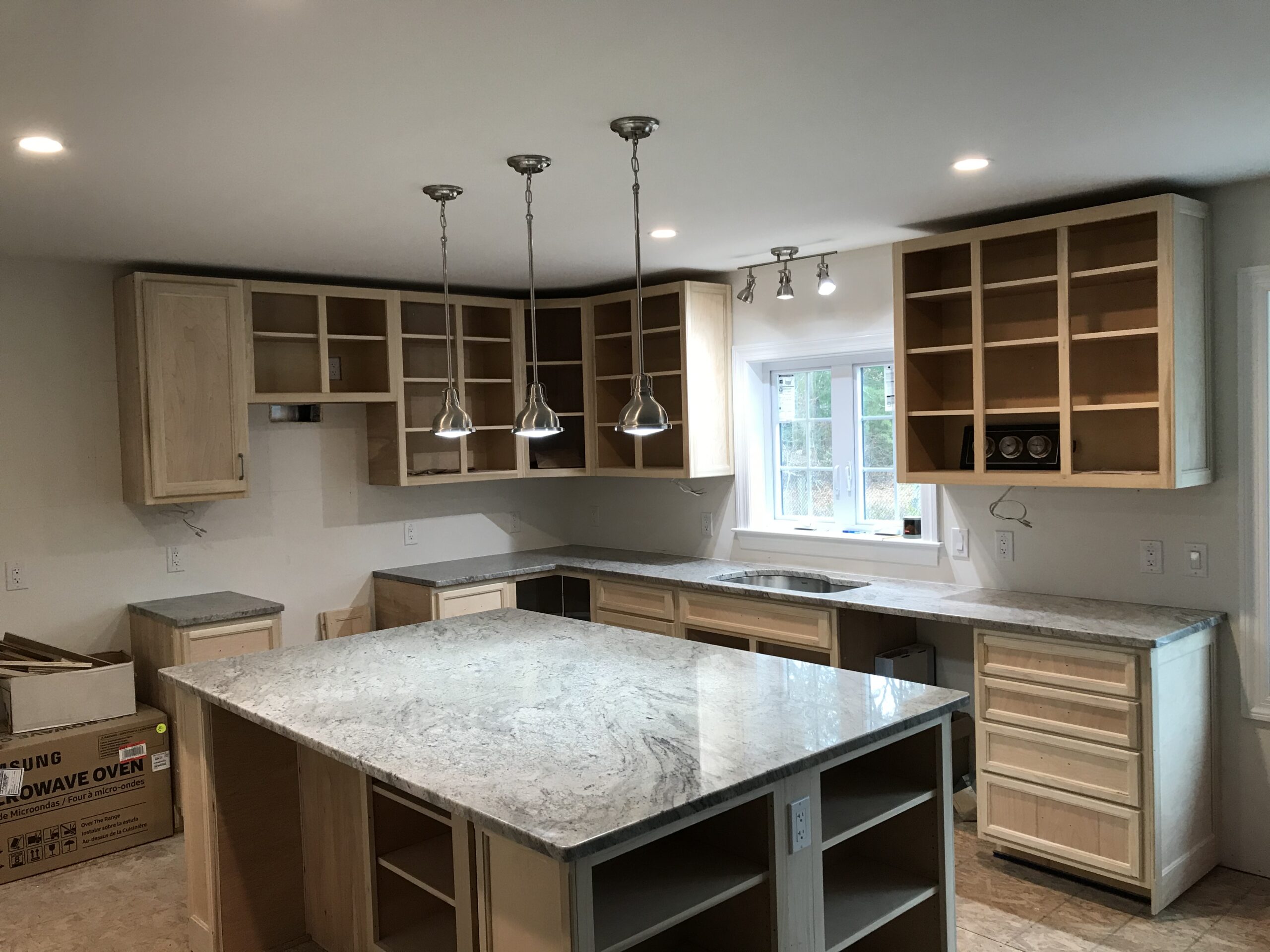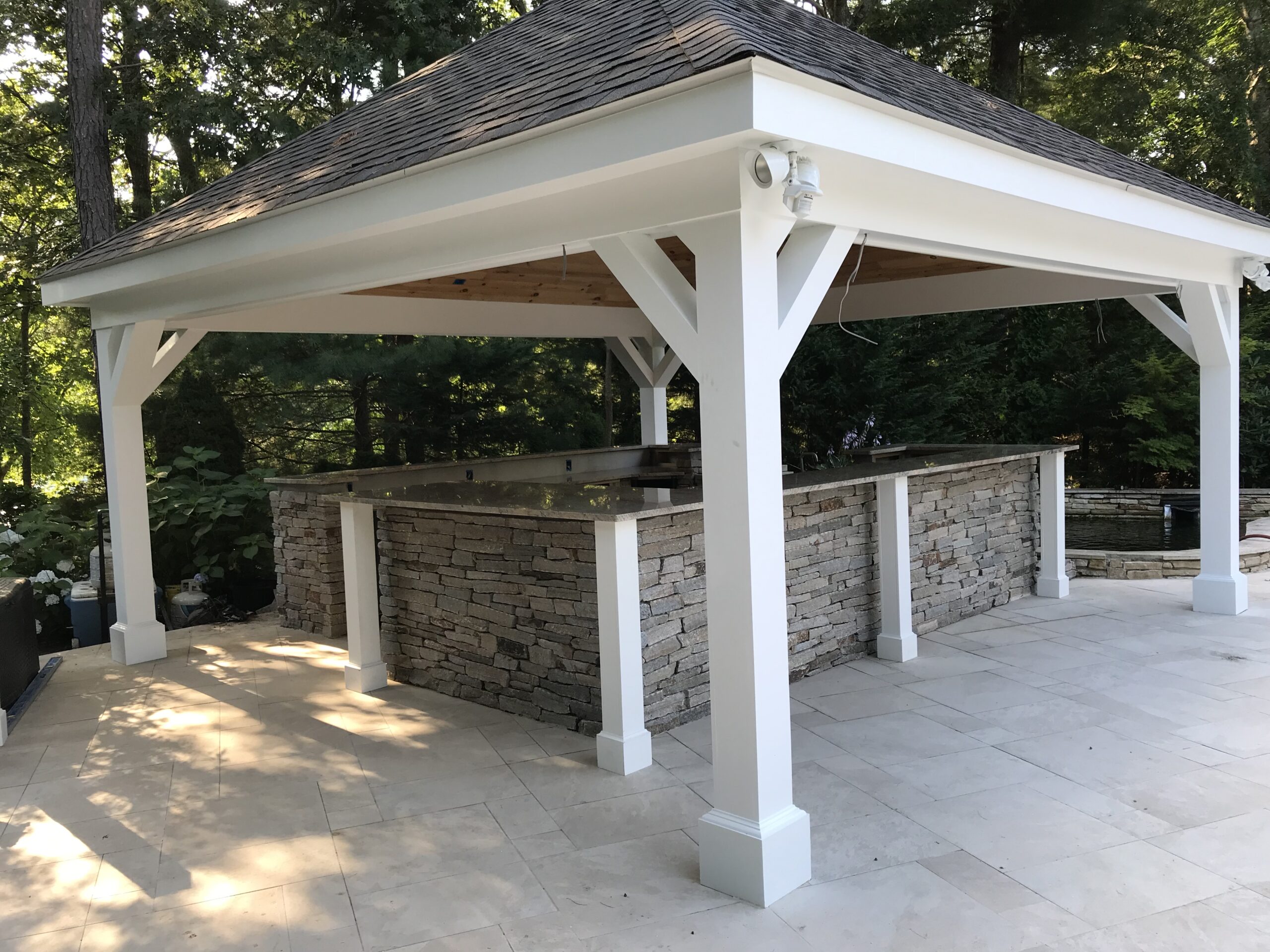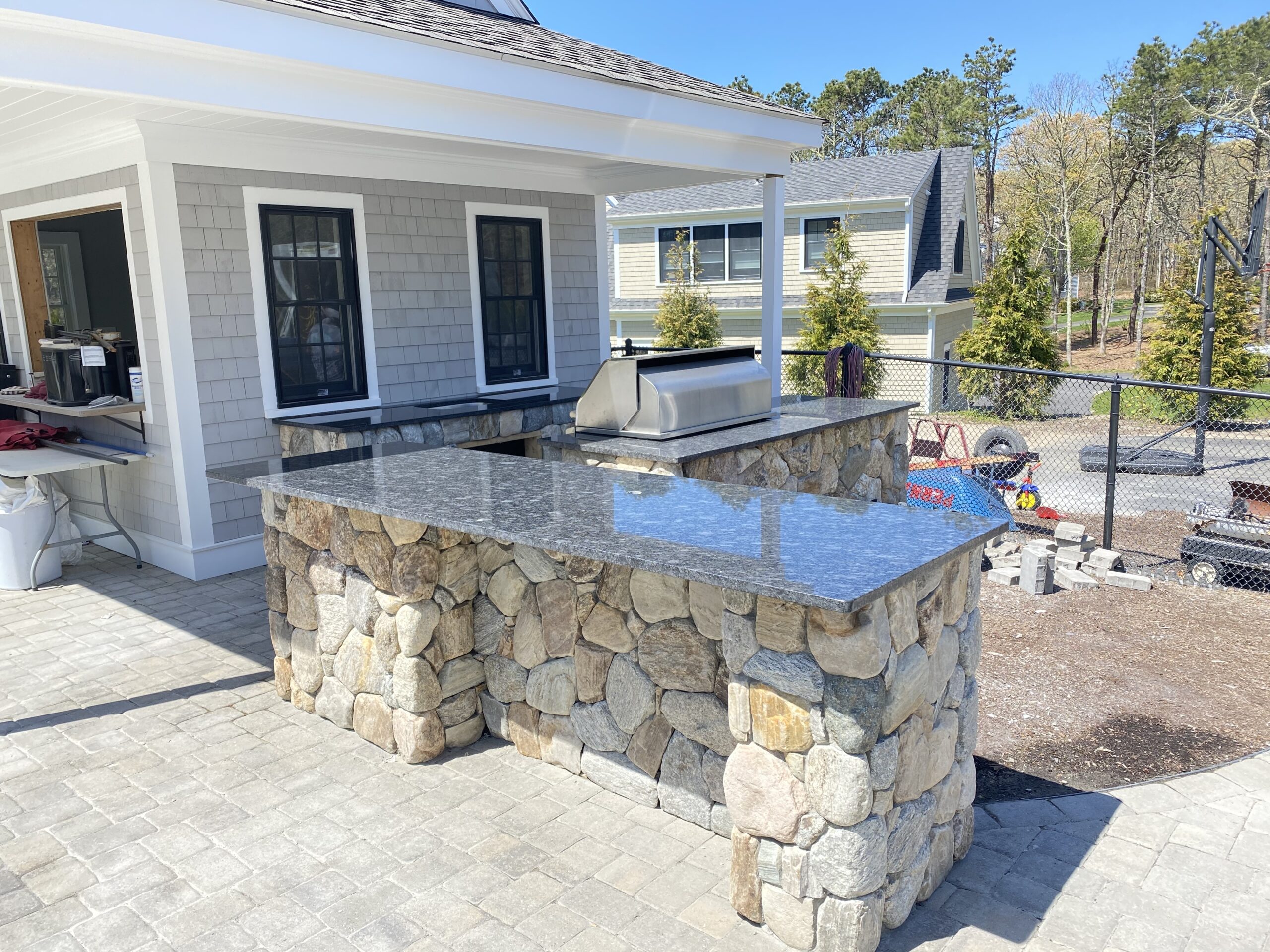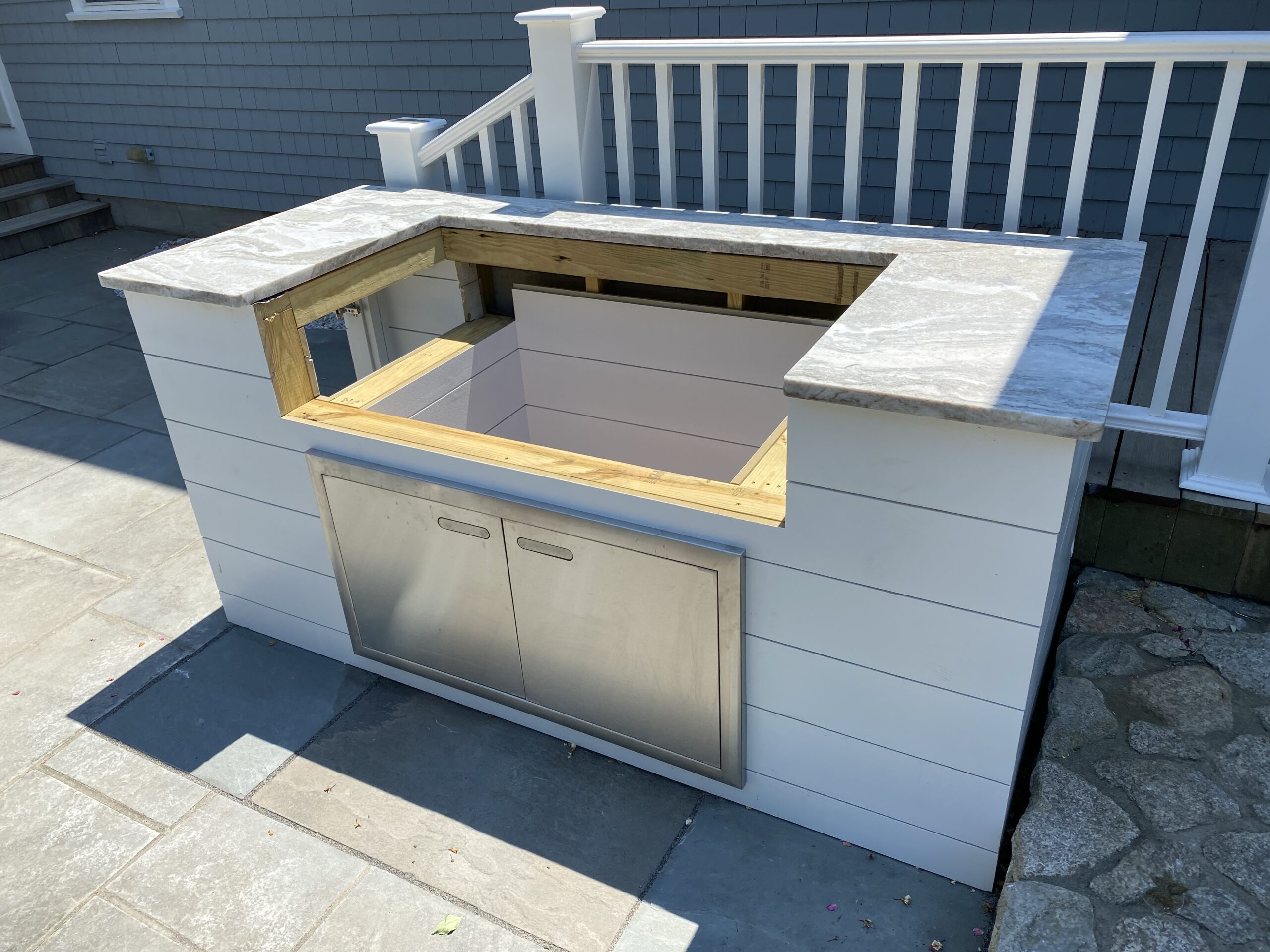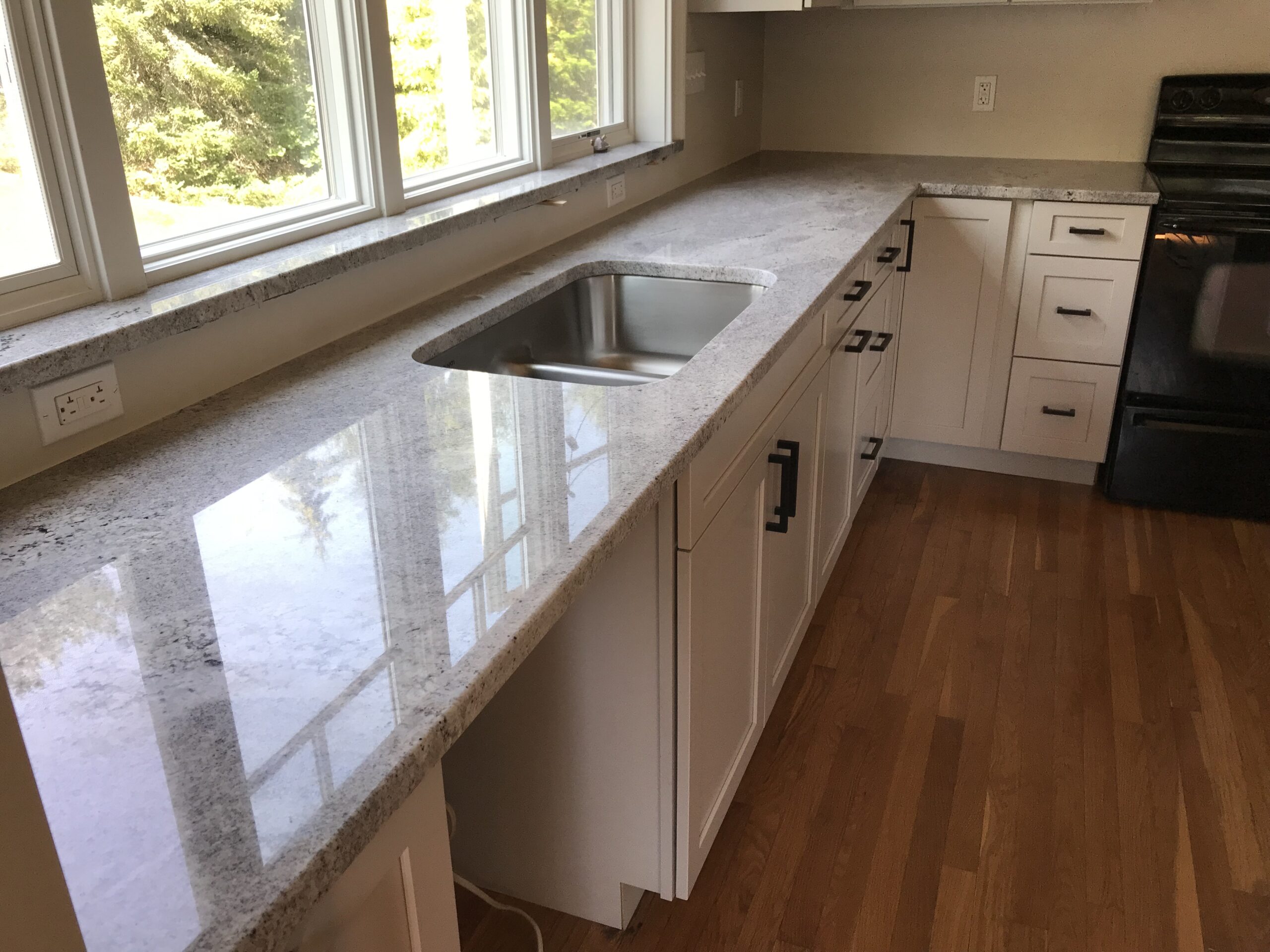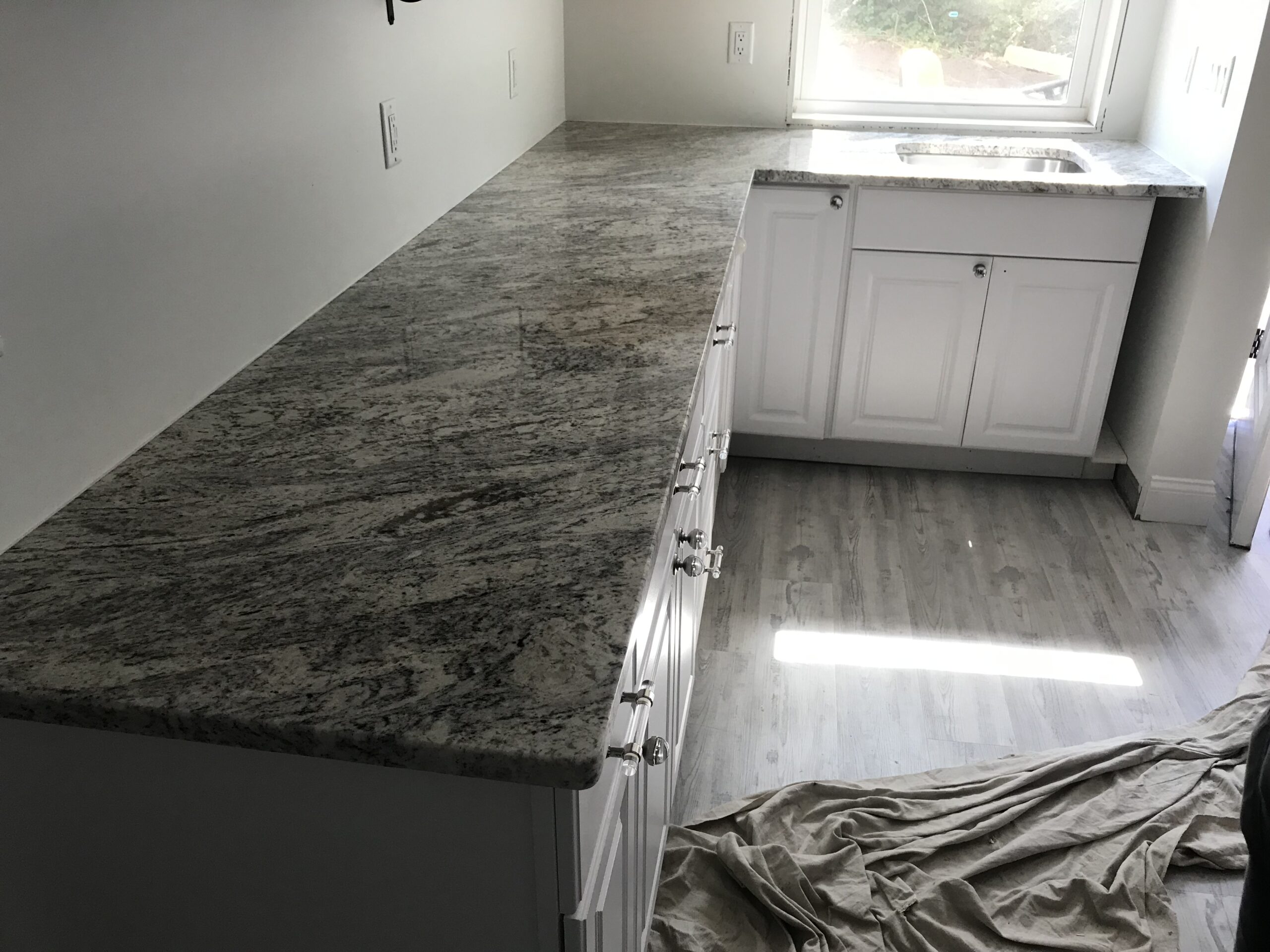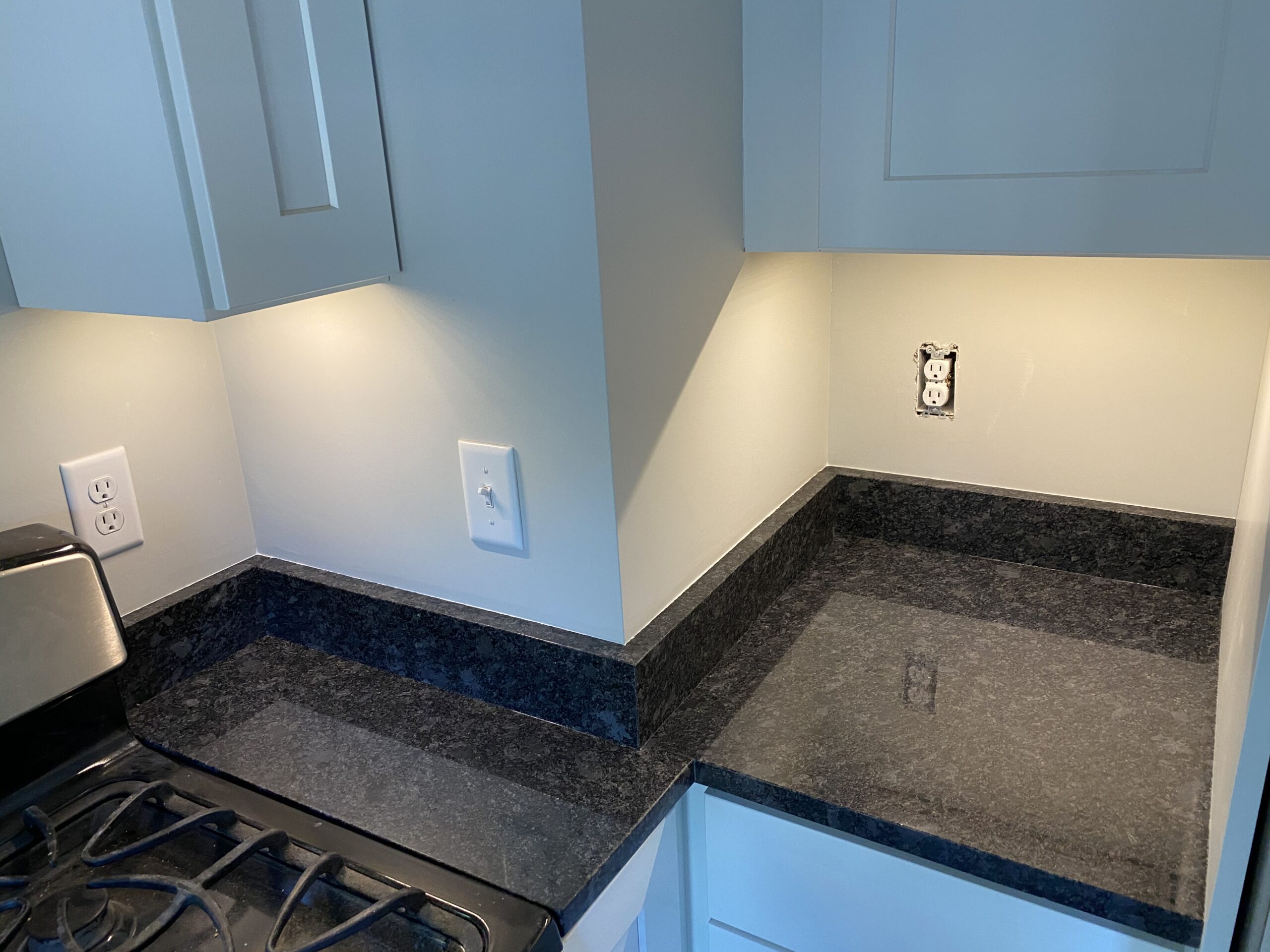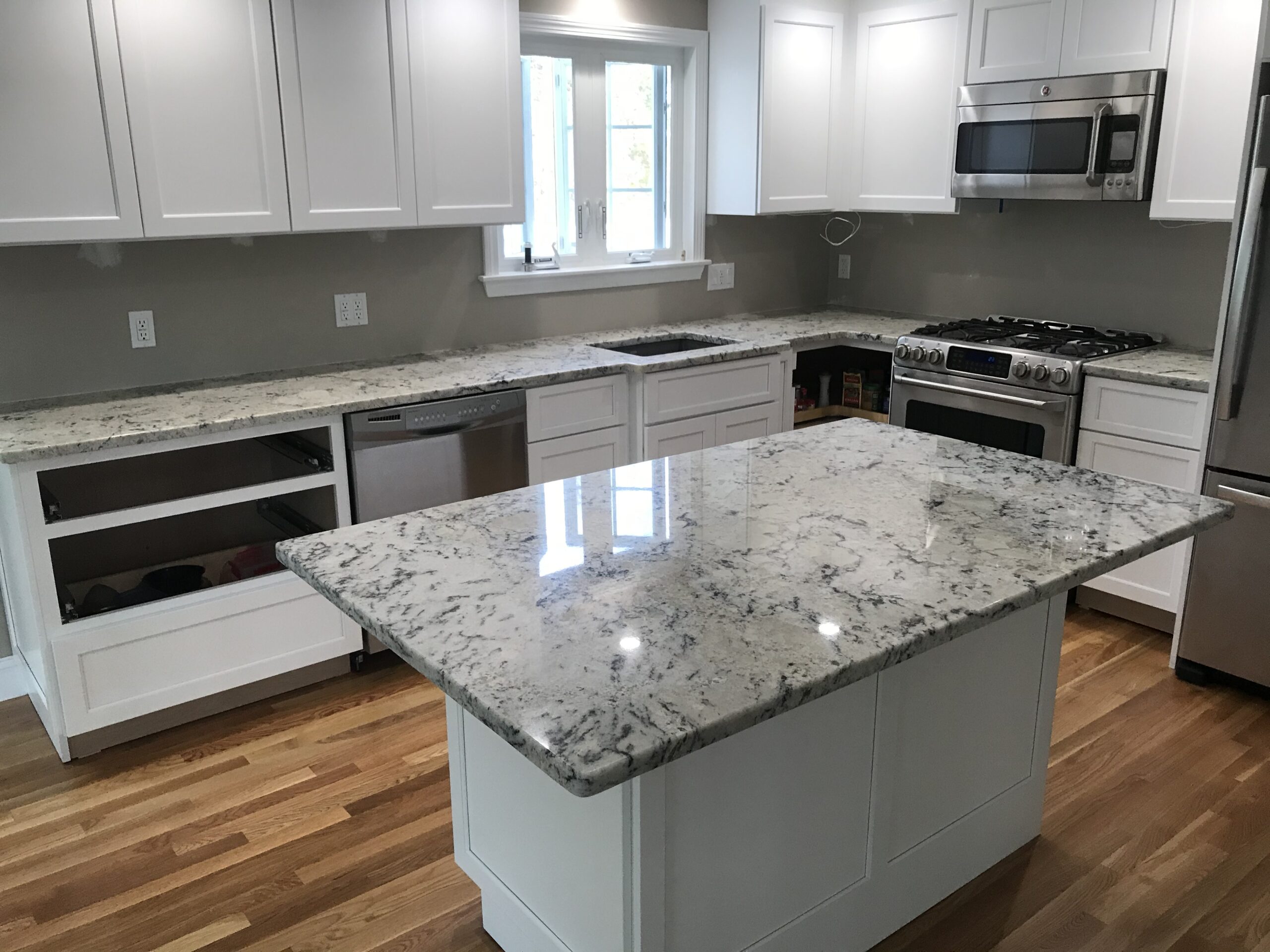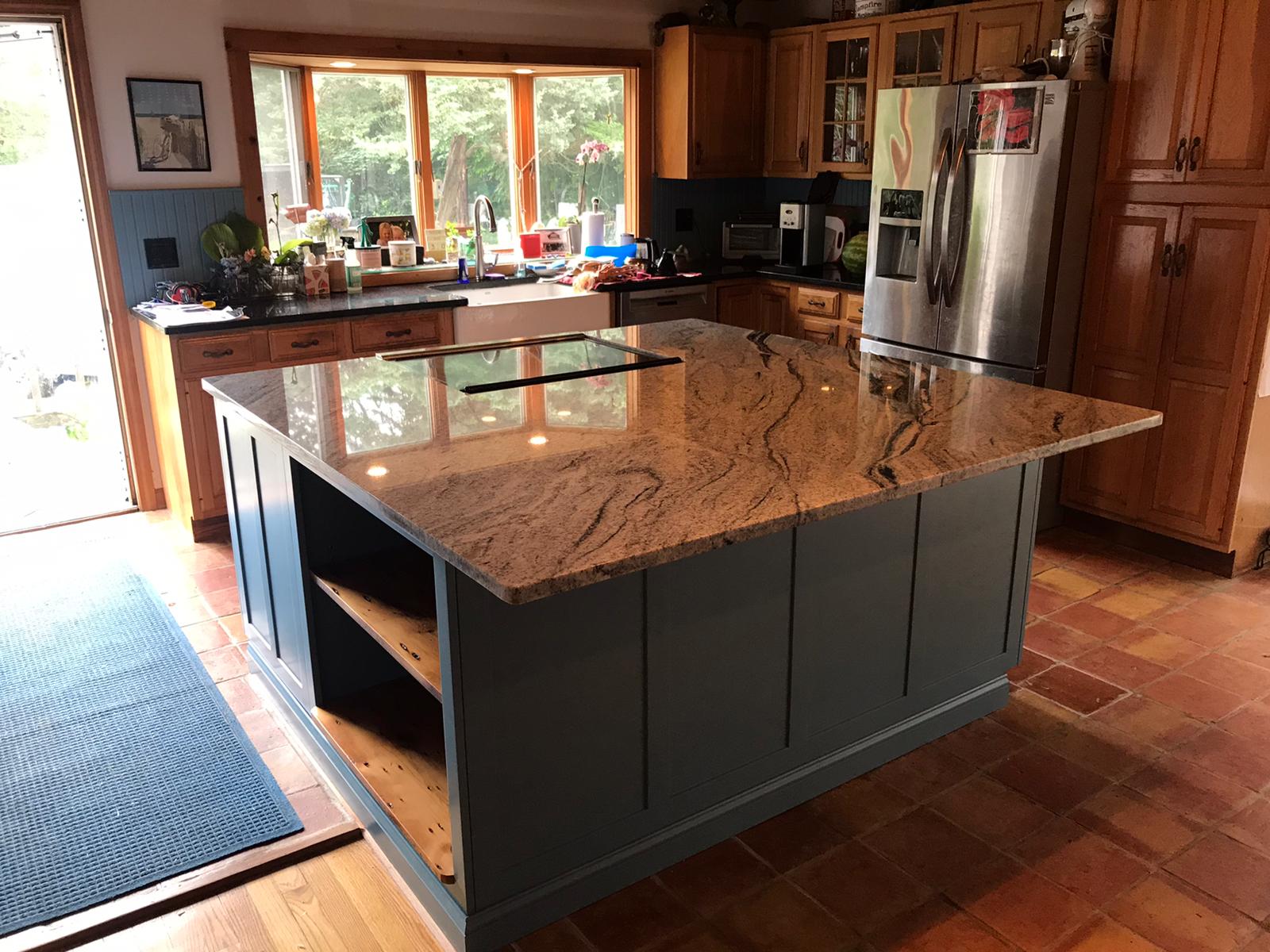What is Granite?
Quarried from the mountains of Italy, the U.S., India, Brazil, China and dozens of other countries around the world, Granite one of the most popular natural stones in the market. Here at Granite World, it’s all in the name. We adore this high-quality natural stone and recommend it for a variety of installation purposes. Granite is an excellent choice for kitchen countertops, floors, and other heavily used surfaces.
Granite is an is an igneous rock, which means it was once molten and formed as it cooled deep within the earth. Minerals within granite typically appear as small flecks throughout the stone, once creating a “salt and pepper” look. Other types have veining similar to marble. Granite is a dense-grained, hard stone. It can be highly polished or finished in a variety of other ways. A broad spectrum of color is available.
Common Uses for Granite
Available in a striking array of colors, granite’s exceptional strength makes it ideal for kitchen countertops and other heavily used surfaces, including table tops and floors, exterior applications such as cladding, paving, and curbing. Granite receives the highest overall performance rating, according to a leading consumer magazine, as a kitchen countertop material.
While some synthetic surfaces scratch easily and melt under hot cookware, granite resists heat. Granite is also one of the most bacteria-resistant kitchen surfaces, and it is not affected by citric acid, coffee, tea, alcohol, or wine. It is also nearly impossible to scratch, and with proper cleaning, will not stain under normal use. Our team can provide additional information about the sealants we have available to further improve your granite’s resistance to staining.
Our Recent Granite Projects
Surface Care & Precautions
Most natural stones should be sealed with a high quality stone sealer. Stone, unlike ceramic tile, is slightly porous This means it has minuscule holes throughout each piece of slab which liquid could potentially seep in. Kitchen counters, floors, vanities, tub and shower surrounds should be resealed whenever water will not bead up on the surface.
Sealing a stone surface is not difficult, or expensive. To seal your stone surface, clean the stone with a mild detergent that does not contain ammonia and allow it to dry for several hours. Next apply the stone sealer according to the directions and wipe off the excess as directed. There are several types of stone sealer. When cleaning stone, there are a couple of do’s and don’ts. Don’t use Windex or other products with ammonia, strong caustics, or solvents. Ammonia will remove the sealer. Strong caustic cleaners will do the same.

